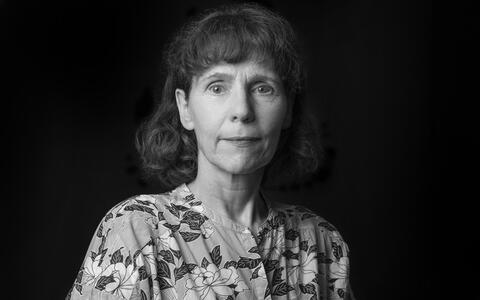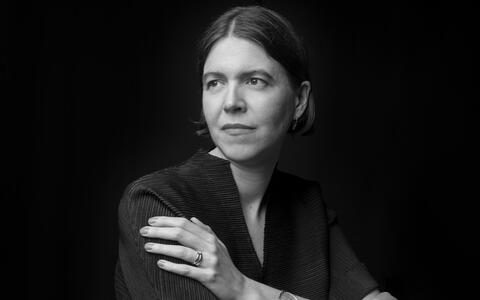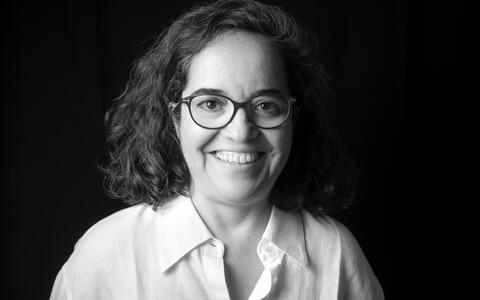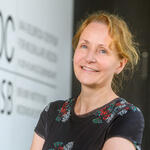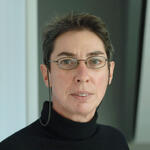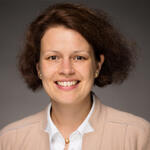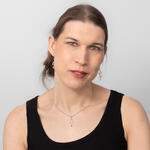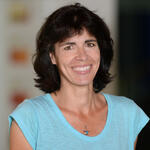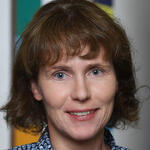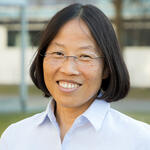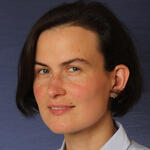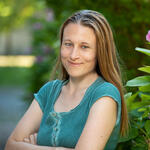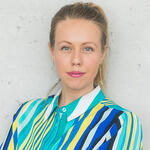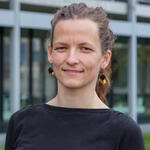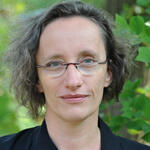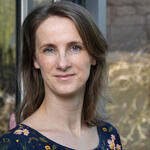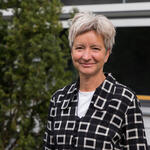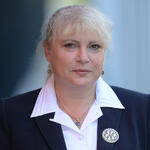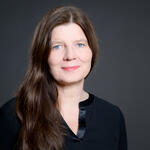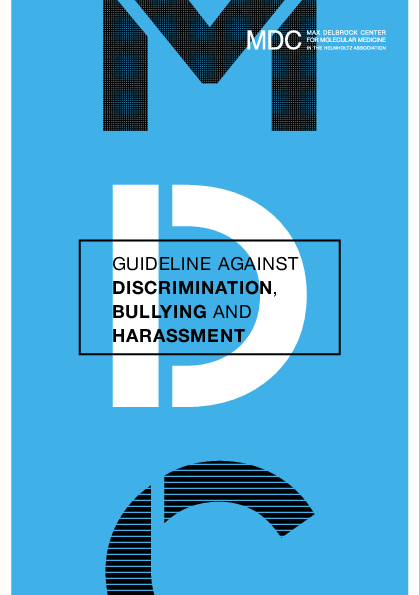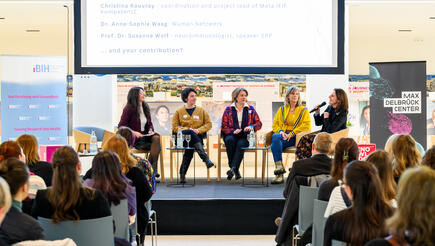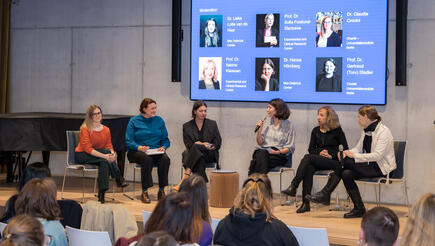Celebrating
women in STEM
Career paths
Seven women, seven careers – one conclusion: women and girls who are passionate about science should just go for it and not let anyone stop them. Because if you keep going, no obstacle will be insurmountable.
Michela Di Virgilio
Learn more about Michela Di Virgilio's research
In order for the human immune system to effectively fight off pathogens, B cells need to smash up and reassemble their own DNA. Michela Di Virgilio searches for factors controlling this important process, which also have crucial implications for our predisposition to cancer.
Stefanie Grosswendt
Learn more about Stefanie Grosswendt's research
Uta Höpken
Learn more about Uta Höpken's research
Tumor cells search for niches in tissue where they can grow and multiply. Uta Höpken studies how these cells migrate through the body and interact with other cells in their special niches. Her goal is to use this knowledge to train therapeutic CAR T cells to detect and destroy cancer cells.
Hanna Hörnberg
Learn more about Hanna Hörnberg's research
Behavior can be observed in the brain. Swedish neuroscientist Hanna Hörnberg looks for the molecular and cellular changes that occur in the nerve cells of people with depression or neurodevelopmental conditions – and hopes to create new basic knowledge that can help diagnosis and guide support needs.
Researcher Profile: The behavior analyzer
Ana Pombo
Learn more about Ana Pombo's research
Ana Pombo wants to understand the rules that govern our genome. This quest has led her to discover how important our genetic architecture is for the functioning of life. In the long term, she hopes her research will help understand diseases with complex origin such as autism and epilepsy.
Ashley Sanders
Learn more about Ashley Sanders' research
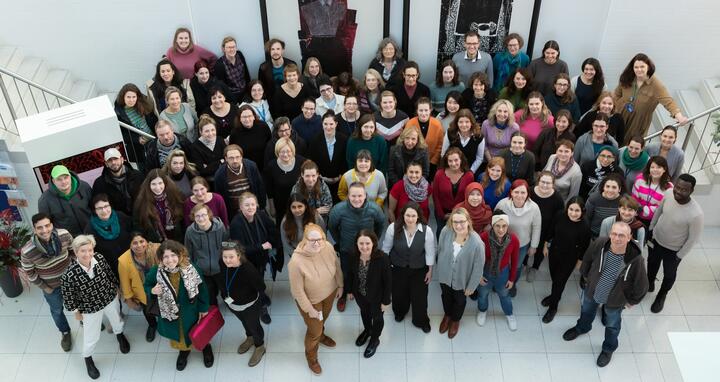
In numbers
female PhD students
female postdocs
Our female principal investigators
What motivates our female researchers?
Selected profiles of our principal investigators and their research passions.

Carmen Birchmeier
/news/news/cartographer-life
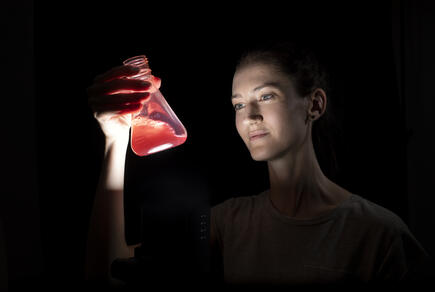
Kathrin de la Rosa
/news/news/engineer-immune-system
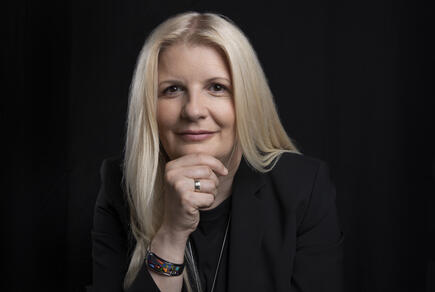
Mina Gouti
/news/news/tissue-engineer
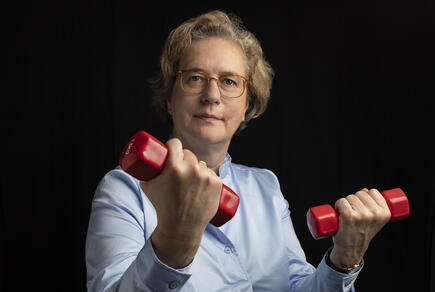
Simone Spuler
/news/news/pioneer-muscle-repair
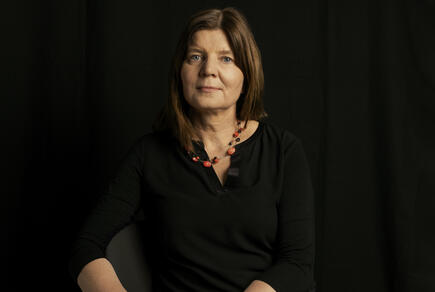
Jana Wolf
/news/news/jana-wolf-modeler-life
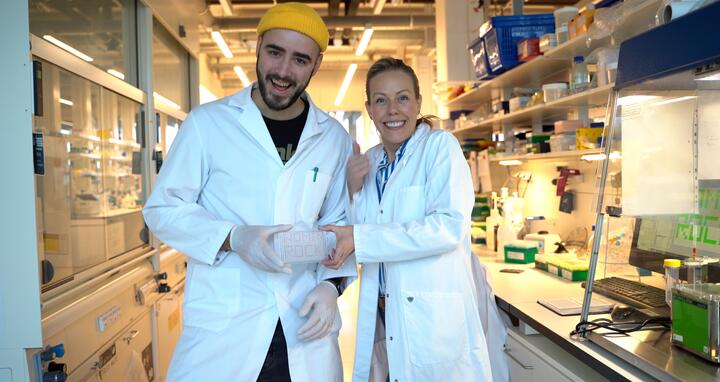
How we promote equal opportunities
Our gender equality plan
We establish the principles of equal opportunity at various levels:
- in the organizational culture
- in the management
- in personnel development
- in recruitment processes
- in career development
Recruiting
How we hire and retain women
We actively recruit excellent female scientists when appointing new positions. To ensure that young female researchers stay, we support them in various ways.
Our target quotas are based on the cascade model and are an important management tool for improving the proportion of women in our scientific management positions. In this model, the actual quota for one career level forms the target for the next career level.
Mentoring
Our mentoring programs
We offer mentoring programs for various target groups:
- Postdocs and colleagues in science management
- Career support through mentors from industry, teaching and research, as well as through various workshop offers
- External mentoring programs
- Mentoring of junior research group leaders by experienced senior scientists at the Max Delbrück Center
- Postdoc2PhD mentoring
Culture
What our work culture offers
We encourage a work culture that balances work and social commitments. The measures include, for example:
- flexible working time models and mobile working
- Opportunities for childcare on campus
- Information and support services for nursing care
- Welcome & Family Office
The "Career and Family Audit" certificate is proof of our comprehensive and sustainable commitment to a family and life-phase-conscious personnel policy.
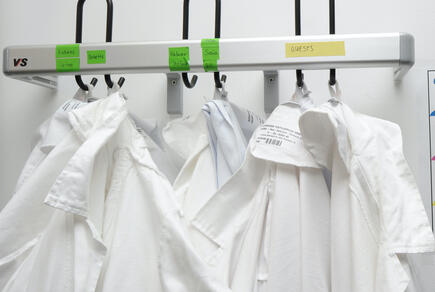
Work and Life
/careers/work-life
Awareness
How we raise awareness
We offer workshops to promote gender awareness, deal with unconscious bias and use gender-equitable language, such as in our DEI week. These workshops are also intended to highlight concrete options for action.

DEI week
/news/press/dei-week-kicks-max-delbruck-center
Visibility and networking
We aim to increase the visibility of female scientists and their achievements and promote networking. To this end, we initiate various measures, including Wikipedia Edit-a-thons, which aim to publish more information about outstanding female scientists and highlight their contributions.
We also organize events such as the "STEM Passion" exhibition, which not only serve as a platform for exchange, but also provide an opportunity for discussions about women in science.
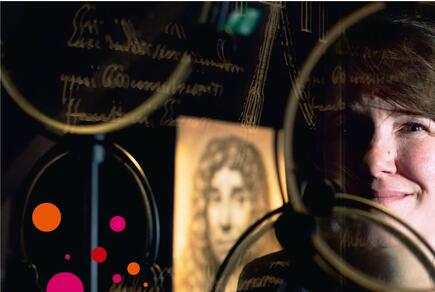
STEM Passion
/news/press/stem-passion-journey-inspired-women-science
Against sexual harassment, power abuse and bullying
We are actively committed to the prevention of sexual harassment, abuse of power and bullying in the workplace. To this end, we have developed a clear anti-harassment policy that not only sets out guidelines, but also includes regular training for new employees. In addition, leaders undergo mandatory training to ensure a safe and respectful working environment.
To ensure that our employees receive appropriate support, we have established trained conflict advisors as first points of contact. They are available to intervene in potential conflict situations, find solutions and support those affected.

Our Counseling Services
/careers/work-life/counseling
Insights
Providing insights into professional fields
We are committed to raising awareness of careers in (bio)informatics and data science. As part of these efforts, we take part in Girls' Day to introduce girls in particular to these exciting professions.
This includes not only theoretical insights, but also practical experience and the opportunity to speak directly with experts in these fields.
Our initiative aims to spark young girls' interest in careers in the fields of (bio)informatics and data science and to highlight possible career paths and pave the way for future talent.

Girls’ Day
/transfer/public/education/girls-day
And what's next?
Credits
Videos: Duygu Atceken
Scrollytelling: Silvio Schwartz
Social media campaign: Felix Petermann, Karoline Knop
Editing: Jana Schlütter, Felix Petermann, Jutta Kramm
Scheduling: Timkehet Teffera Mekonnen
A special thank you to Ana Pombo, Hanna Hörnberg, Stefanie Grosswendt, Daria Bunina, Ashley Sanders, Uta Höpken, Michela Di Virgilio and their teams!


